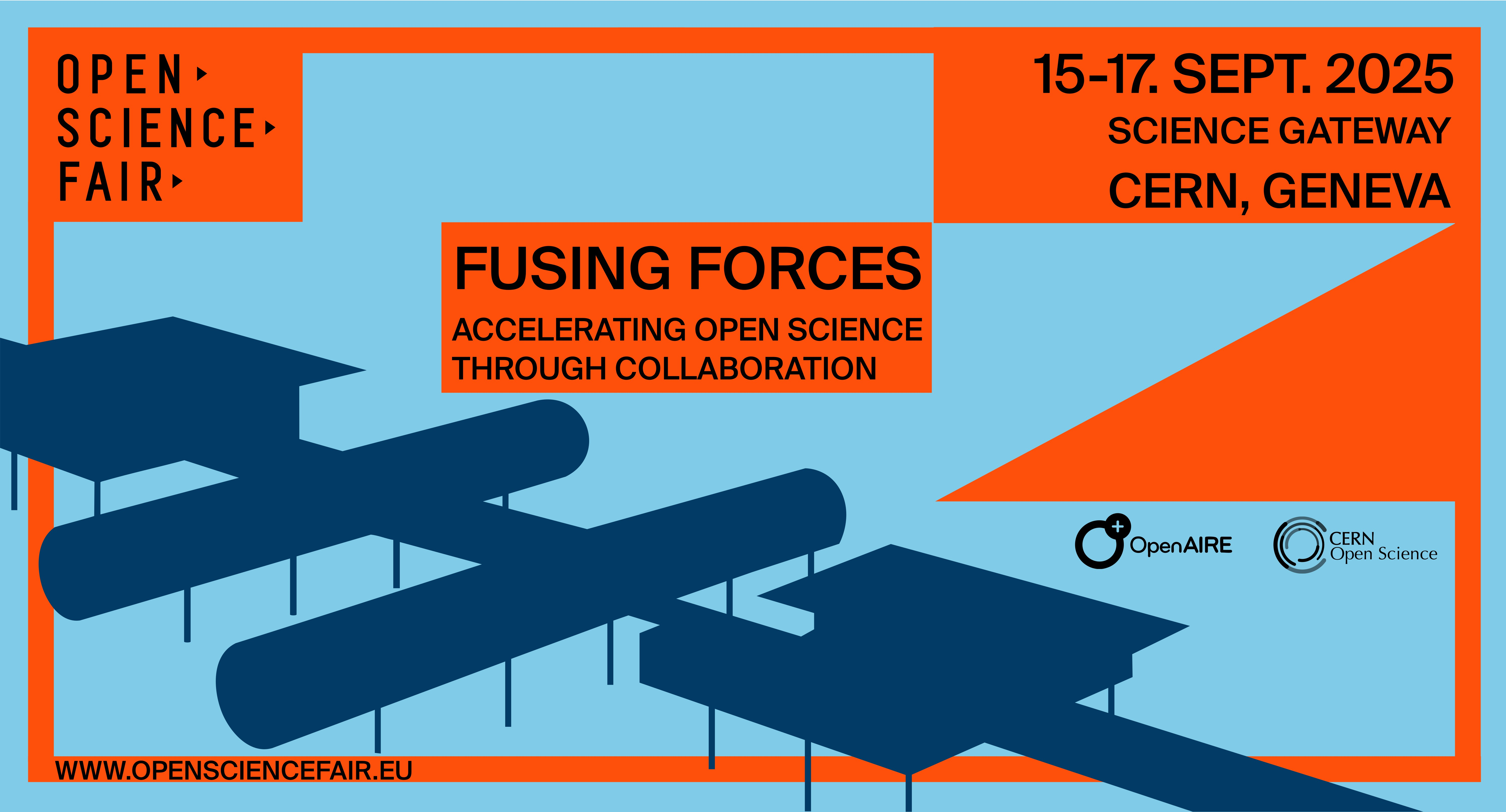Speaker
Description
While funding agencies typically require data management plans for project proposals, this does not guarantee the eventual availability of Open Research Data (ORD) that adheres to the FAIR principles. In reality, only a small fraction of funded projects fulfills these commitments, primarily because providing ORD demands additional effort. Often, this effort occurs only after the publication of research results. Large international collaborations, such as the CMS Collaboration at CERN's Large Hadron Collider, face similar challenges. There is concern that requiring the sharing of analysis code and ensuring the reproducibility of research products could delay publication. However, an increasing number of scientists within CMS are adopting Open Science (OS) practices as part of their daily work. In my presentation, I will illustrate how a small group of OS advocates has successfully made these practices appealing to the community, transforming bystanders into OS practitioners. I will also review the vital role of infrastructure providers — specifically CERN as the host laboratory — in facilitating these efforts. Additionally, I will link my argument to CERN's OS policy and the recently developed best practice recommendations for OS and data preservation in high-energy physics. Ultimately, I will propose how these policies and recommendations can be adapted to benefit OS in other laboratories and research disciplines.
Tagline
Explore how a small group of Open Science advocates can transform research practices for an entire community. Discover the vital role of infrastructure and policy in promoting Open Research Data and reproducibility, and learn how these insights can benefit diverse research disciplines globally.
| Keywords | Open Science Advocacy; Community Engagement in OS; OS Policies and Recommendations in Particle Physics |
|---|
